I Asked Him To Move Out, and He Did. Why Does It Feel Like I’m the One Facing Consequences?

Photo credit: Ketut Subiyanto
An Allies in Recovery member set a boundary and followed through: she and her partner are now living separately. Of course, this is difficult for many reasons, but one she didn’t foresee is that her husband’s family has given him the softest of landings, while she’s left to care for the children. Is this fair? Is she doing something wrong? Allies’ writer Laurie MacDougall suggests that she step back and take a good look at boundaries in general and her own in particular. It could be time for some creative revision.
After repeated threats to separate from my partner/father of my children, I finally followed through, and he is currently living at his parents’ house. My kids (6 and 4), and especially my 6-year-old, have their moments of sadness, crying, and missing him. They still see him every day at his parent’s home—a little bit before school, and then a couple hours after school until I pick them up. I don’t want to deny my children their father, but I feel like he still faces no consequences for this boundary I enforced.
His family is extremely enabling—he doesn’t have to help around the house, do laundry, cook any meals, or contribute financially. He spends the days sleeping and playing video games, and the nights drinking. I don’t want to manipulate/control, but why am I left feeling like he’s on a vacation with no responsibility while I’m stressed about the status of my family?
I think that by him leaving, I was hoping this would make him realize what he is giving up, but nothing has really changed besides him not physically sleeping at home. There’s no urgency for him to resolve any issues when life right now for him isn’t all that bad. He doesn’t have to deal with me, or any of the other real-life situations/parenting that come up when having 2 young kids. Am I doing things right, or do I need better boundaries? I’m left feeling like I’m facing negative consequences for his poor actions and that my boundary backfired.
Ahhh, boundaries. The most misunderstood, critical, complicated, bantered-about concept. And yet having a strong comprehension of all the whos, whats, wheres and whys of boundaries is critical to implementing them in a confident way.
There is a lot on our website pertaining to boundaries, but let’s go over a few basics on how they’re supposed to work:
- Boundaries should be designed as protection for you (and in your case, protection for your children). They are supposed to keep you mentally, physically, and emotionally in a safer environment. I say “safer” because they cannot shield you from everything, but they are designed around your limits and tolerance levels. Since you have children, you also have to take their needs into account and determine what boundaries might need to be set to keep them as safe as possible from the havoc addiction can cause.
- Since boundaries are for you, they determine your behavior. Boundaries do not determine your Loved One (LO)’s behavior. Questions to ask yourself when setting boundaries include: What action steps will I take if my LO does not respect the boundary? Am I willing to follow through and take action?
If you are not willing to follow through, you might reconsider the boundary. Maybe it’s too big, or maybe it would cause you too much pain or trauma. If this is the case, it may be an indication that the boundary could be pared down to something more manageable, or replaced with something altogether different. Baby steps are OK. When we start with something small and manageable, we are more likely to have a positive outcome. Such positive outcomes (even when they amount to no more than setting the initial boundary!) encourage continued efforts for change.
- Boundaries are not a punishment. Sometimes your LO may perceive them as punishment, but when setting your boundary, the goal is to protect you, not to punish your LO. You are responsible for taking care of yourself in the windstorm of addiction.
- It is your responsibility to manage your boundaries, not your LO’s. Your LO is going test the boundaries, and that makes a lot of sense. They want to know where the limit really is. If we are not clear about that ourselves, how can we expect them to know? When they do test the limits, we’re brought right back to that question above: What action steps will I take if my LO oversteps my boundary? Which is why it’s so important to set boundaries you can follow through with rather than biting off more than you can chew.
- Boundaries should be set regardless of your LO’s possible future behavior. If you’re struggling to set a boundary because you’re focused on getting your LO to behave in a particular way or want a certain response, then you might reconsider that boundary. To expect a predetermined response is to use boundaries as a tool of manipulation. Instead, find a boundary the response to which doesn’t concern you as much—at least until you become more confident and better equipped at settling your system when it becomes deregulated.
So those are the fundamentals. But here are a few more points to consider when setting a boundary:
First off, boundaries can change. If they are not working for you, you get to change them up. Many of us are scared or want to avoid our LO’s response to the news that we’re changing our boundaries. We anticipate cries like, “You already said…” or “That’s not fair, you can’t change things up, we already agreed!” Preparing a response can help us be confident and a little more fluid with our boundaries. It might sound something like, “I know that we agreed to that, but it’s not working for me anymore. I have reevaluated and need to make adjustments.”
And once again, think about what your response or action step is going to be if your LO does not follow the boundary. If you think you might really struggle to manage your boundary, then consider not setting that boundary. Is there a narrower or smaller boundary you could set? Something that will require a more manageable response on your part if they don’t respect it?
Short and sweet (and strong)
Lastly, but very importantly, some of the best boundaries are set with few words, and without using the word “boundary”! Keep it short and to the point.
OK, now that we’ve reviewed boundaries generally, let’s take a specific look at your situation. I’m thinking that you intended for your husband to feel some of the pain that should come with him having to leave you and the kids, and that now there’s frustration because you may be feeling a lot more pain than he is.
What about reconsidering and getting creative with this boundary? Here are a couple of ideas to get you thinking:
- What about not bringing your children to visit Dad when he is drinking? If he wants to see the children, he could meet you at a playground or could come by the house for a bit. It would be a scheduled time, and you could let him know that if he has been drinking, there will be no visit.
- If you need some help, or the grandparents would like to spend time with the children, they too could come to your house to spend time with them.
Do you and the children have a family counselor? Reaching out to professionals could really help everyone deal with Dad’s illness.
I know all of this incredible difficult. Fortunately, the children have a mom to help them through. Which is why I also ask, what resources do you have to help you? Resources to help you regulate your system? Remember that Allies has an entire module devoted to the vital subject of self-care. It’s incredibly important for everyone that you are at your best. If we are an emotional mess, we respond accordingly. In order to put our best selves forward, we have to be in the best state possible for each giving moment we are faced with.
Did the boundary backfire? Not likely.
You concluded your post by writing that you feel like your boundary might have backfired. I would like to assure that it could not have. If you’re feeling that way, take a step back and reevaluate. What is the goal of the boundary? It’s to keep you (and maybe your children) safe and protected—physically, emotionally, and mentally. Right now, while learning CRAFT skills and strategies, just doing something different could be a goal. You achieved both of these: you took steps and did something different, making a move toward keeping you and your children safe and protected from the ravages of SUD. Sounds like positive steps to me!
Remember, if you change your behavior, your LO also has to change theirs. You don’t have control over his behavior or how it changes, but you do have the ability to influence him by setting boundaries. You also don’t have control over the grandparents’ behavior, but you can influence them by setting up new boundaries that again keep you and the children protected and safe. Control what you can: your own behavior.
This is a lot of information, and I know you might be feeling overwhelmed. Stay consistent, persistent, and practice, practice, practice those CRAFT skills. Baby-step yourself through this process. Try something fearlessly, and if it doesn’t work out as well as you thought it might, adjust and try again. And please keep us updated on your family. Wishing you all the best!
Laurie MacDougall

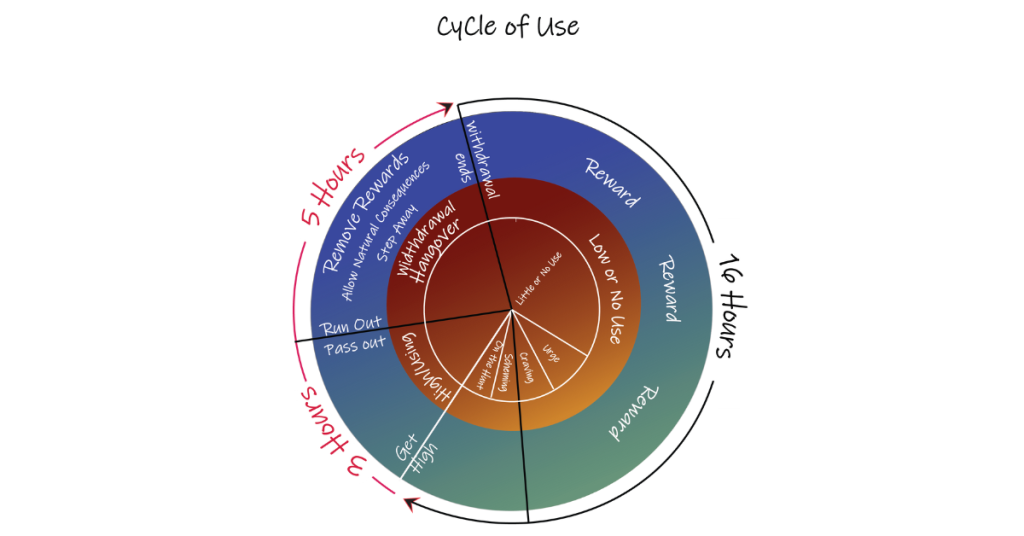

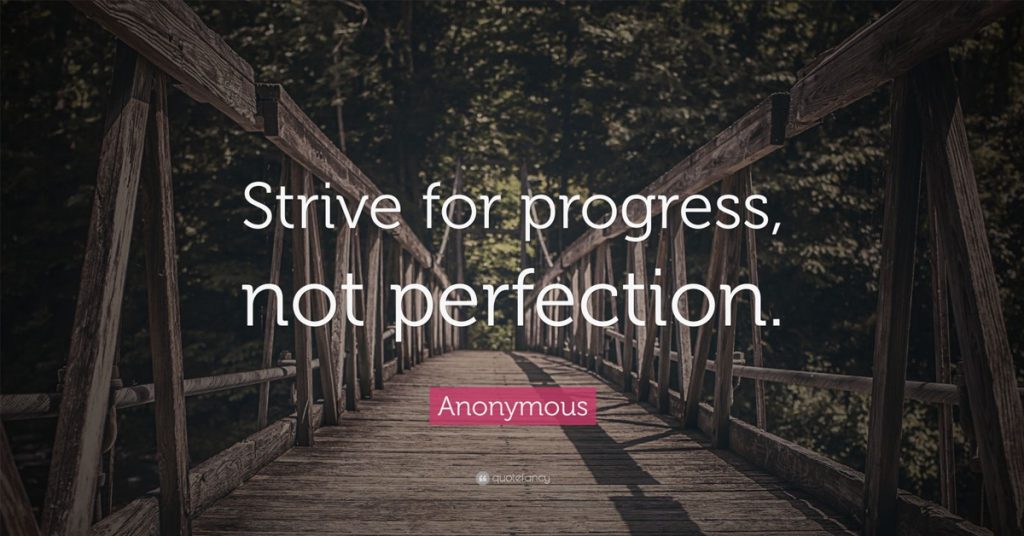












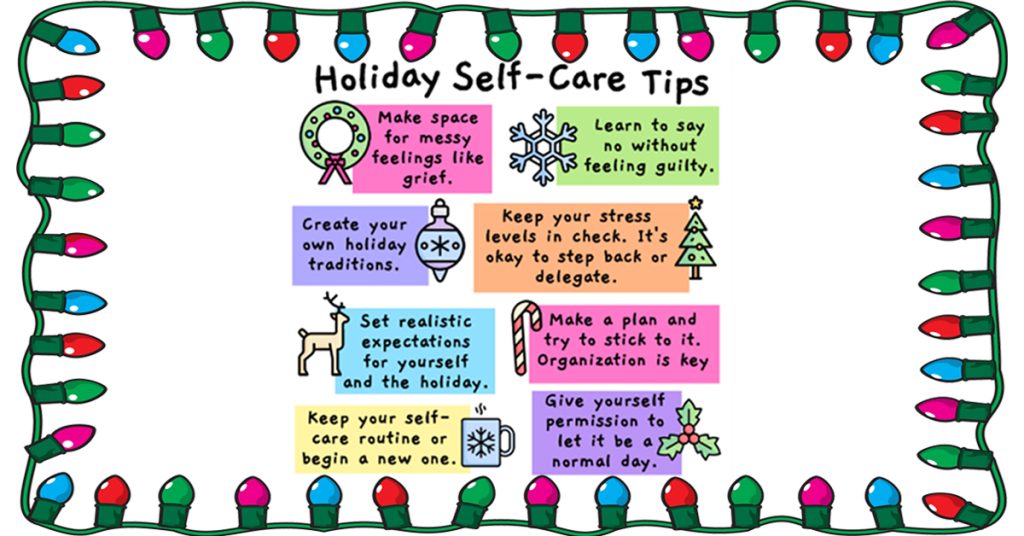
















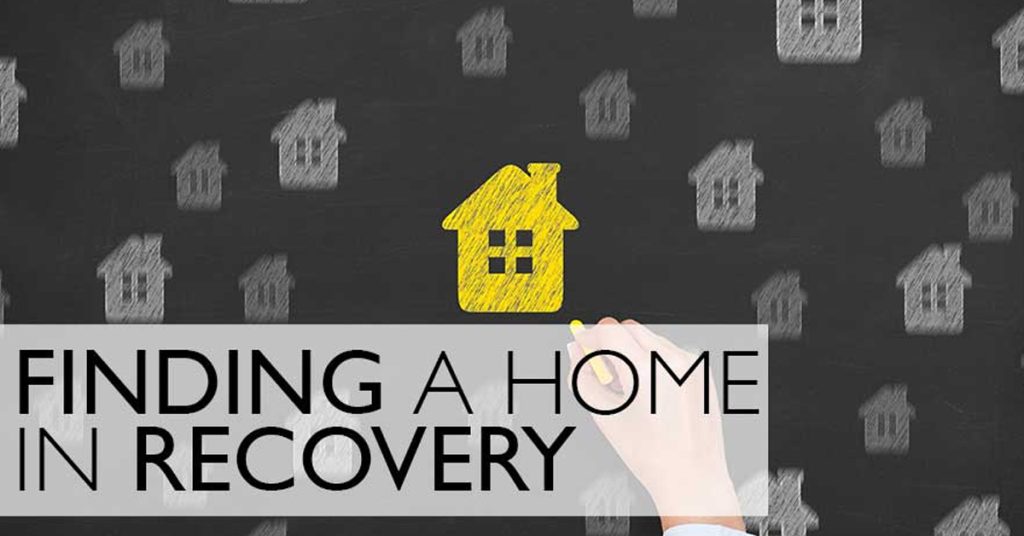
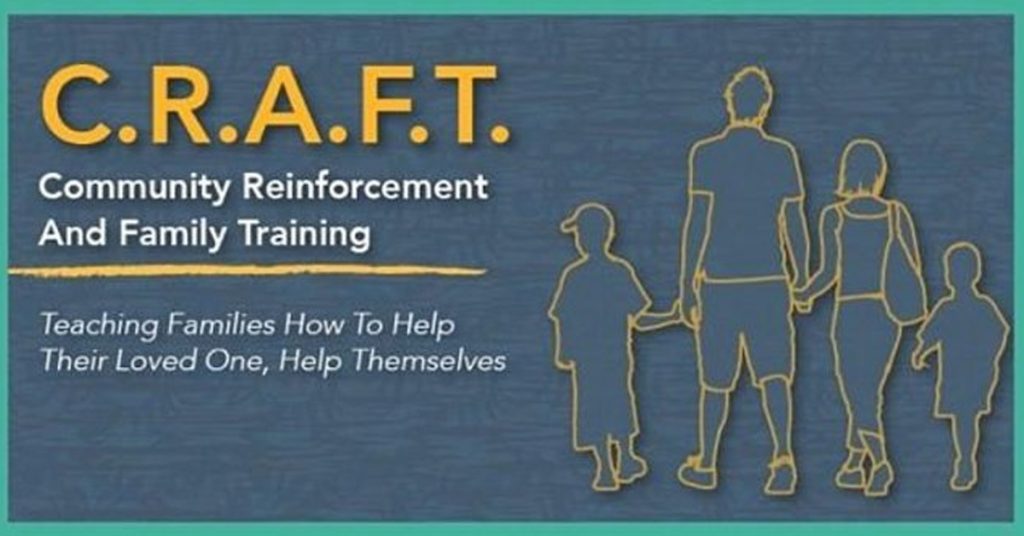








































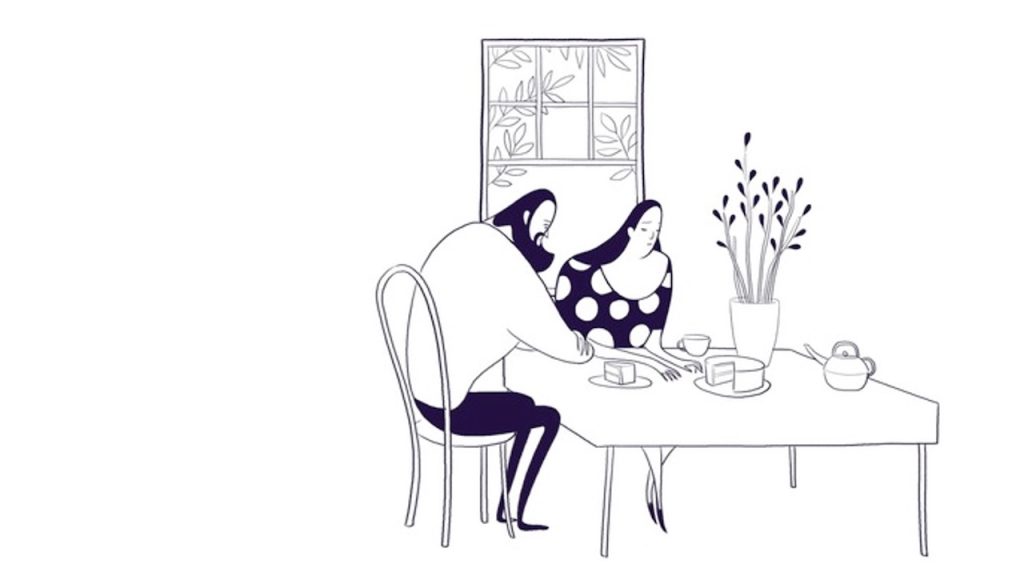







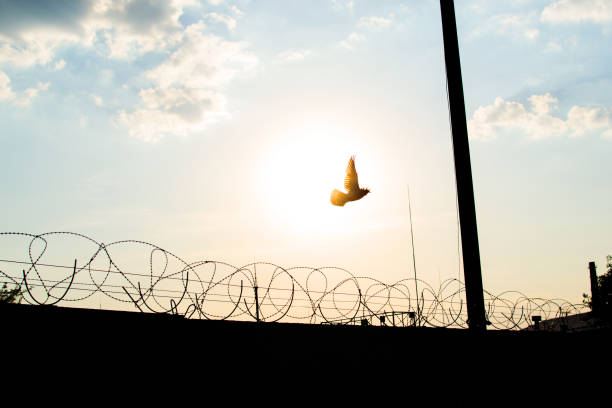













LEAVE A COMMENT / ASK A QUESTION
In your comments, please show respect for each other and do not give advice. Please consider that your choice of words has the power to reduce stigma and change opinions (ie, "person struggling with substance use" vs. "addict", "use" vs. "abuse"...)